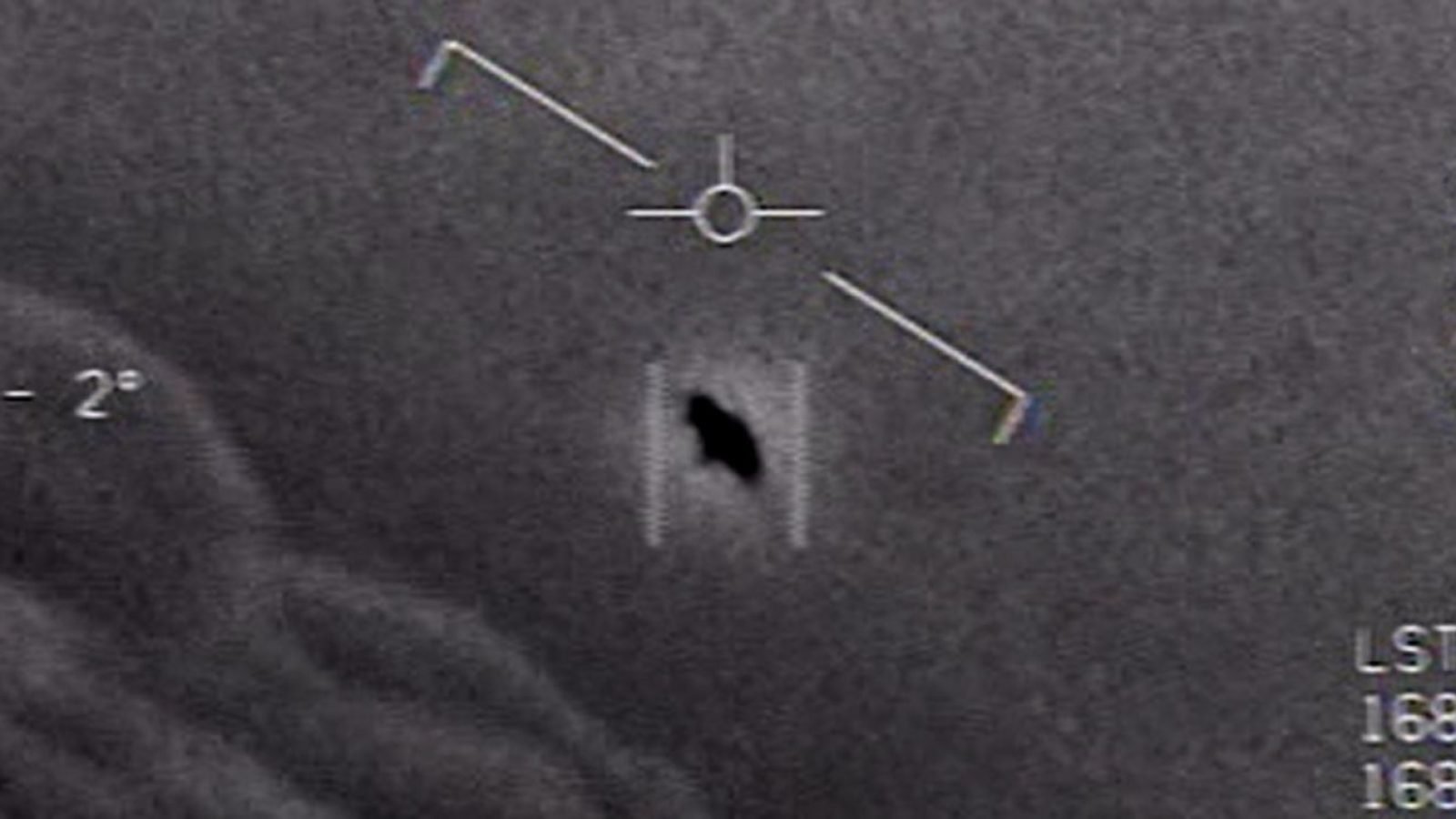After previously concealing the identity of its newly appointed Director of UAP Research, NASA has revealed the identity of the department lead.
The position was recently created and announced at NASA’s highly anticipated UFO hearing. Initially, the agency claimed that it was obscuring the identity of the director because it wanted to shield him from harassment.
Mere hours after making these statements, NASA backtracked and revealed the identity of the new Director of UAP Research, a former DoD official, named Mark McInerney.
Journalist Brandi Vincent provided the official NASA press release: “He [Mark McInerney] “previously served as the space agency’s liaison to the Department of Defense covering limited UAP activities for the agency.”
NASA just updated today's press release to identify Mark McInerney as its new director of UAP research. He "previously served as the space agency’s liaison to the Department of Defense covering limited UAP activities for the agency."https://t.co/7vKkSNqH3f
— Brandi Vincent (@BrandiVincent_) September 14, 2023
The Hill shared this statement from NASA associate administrator Nicky Fox regarding McInerney’s appointment:
“As we continue to digest the study team’s report and findings, please treat him with respect in this pivotal role to help us better scientifically understand UAP.”
The Recount highlighted these comments from NASA Director Bill Nelson at the NASA UFO hearing:
“The NASA independent study team did not find any evidence that UAP have an extraterrestrial origin, but we don’t know what these UAP are.”
NASA Administrator Bill Nelson announced today that the agency is appointing a new chief of UAP research to investigate UAP/UFO sightings:
“The NASA independent study team did not find any evidence that UAP have an extraterrestrial origin, but we don't know what these UAP are.” pic.twitter.com/T2SaloPuvn
— The Recount (@therecount) September 14, 2023
David Icke, a longtime UFO and non-human intelligence author, weighed in: “Meet NASA’s UFO boss: Former Pentagon liaison Mark McInerney is revealed as head of new taskforce – after the space agency backtracks on plan to keep his identity a secret.”
Meet NASA’s UFO boss: Former Pentagon liaison Mark McInerney is revealed as head of new taskforce – after the space agency backtracks on plan to keep his identity a secrethttps://t.co/VoTd2GRjJy
— David Icke (@davidicke) September 15, 2023
Politico claimed:
A main reason for the initial secrecy was that members of the independent study group had received threats, Dan Evans, an assistant deputy associate administrator at NASA, told reporters.
Several members of the study were ridiculed on social media, received hate mail and said their colleagues were “warned” to stay away from researching such topics because it could damage their scientific credibility and potential for promotions, according to the report.



Join the conversation!
Please share your thoughts about this article below. We value your opinions, and would love to see you add to the discussion!